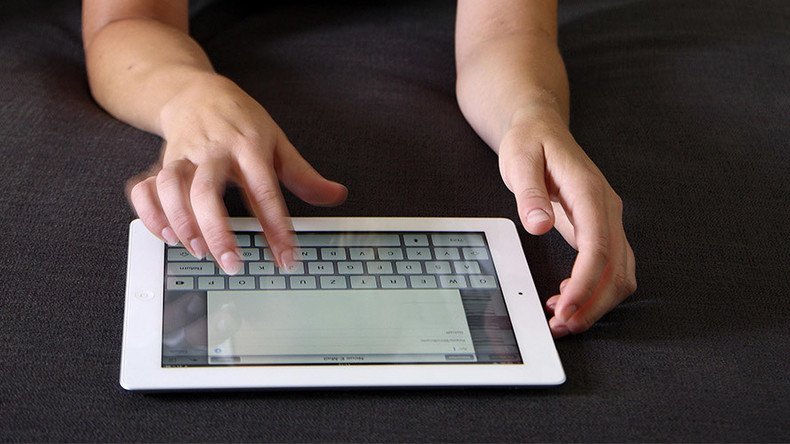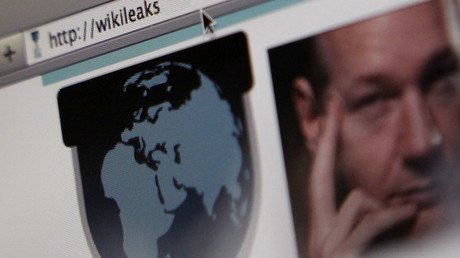40% of Americans are more cautious about emails after alleged DNC hack – poll

Forty percent of Americans have become more cautious about what they write in emails since last year’s alleged hack into the Democratic National Committee (DNC) during the US presidential campaign, according to a new Reuters/Ipsos poll.
The survey found that 40 percent of Americans had changed some of their online habits following the alleged hacking of DNC emails, which were later published by WikiLeaks.
READ MORE: DNC docs were leaked, not hacked, intelligence veterans say
Some 45 percent of respondents also said they have changed their online passwords since the hacks were reported.
Adherents of both major political parties were equally concerned about online security, with 43 percent of Democrats and 40 percent of Republicans saying they have become more cautious about their personal email since the alleged hacking.
A smaller number of Americans, 21 percent, said they had switched off their internet browsers’ tracking technology, while 17 percent had changed their user IDs on social media sites such as Facebook and Twitter.
Sixteen percent took their privacy precautions a step further by covering their computers’ cameras with tape to block potential spying – a tactic used by FBI Director James Comey and Facebook CEO Mark Zuckerberg.
Moreover, 10 percent said they now unplug their smart TVs and other internet-enabled devices when they aren’t in use.
When asked to classify the level of the US government’s surveillance on its own citizens as “too much,”“as much as necessary,” or “not enough,” the top answer was “too much,” which was chosen by 37 percent of respondents.
Of the remainder, 32 percent said US intelligence services were conducting surveillance “as much as necessary,” while just seven percent said “not enough.” Twenty-four percent were undecided.
The Reuters poll, which surveyed 3,307 adults from March 11 to 20 in all 50 states, has a margin of error of two percent.
Despite the US accusing Russia of hacking the Democratic Party’s computer networks in an attempt to throw the election for Clinton, no evidence exists to show that the Kremlin had anything to do with the alleged attack, and Moscow has vehemently denied the accusations as untrue and baseless.
US President Donald Trump has said he has no knowledge of his associates coordinating with Russia during the election.













